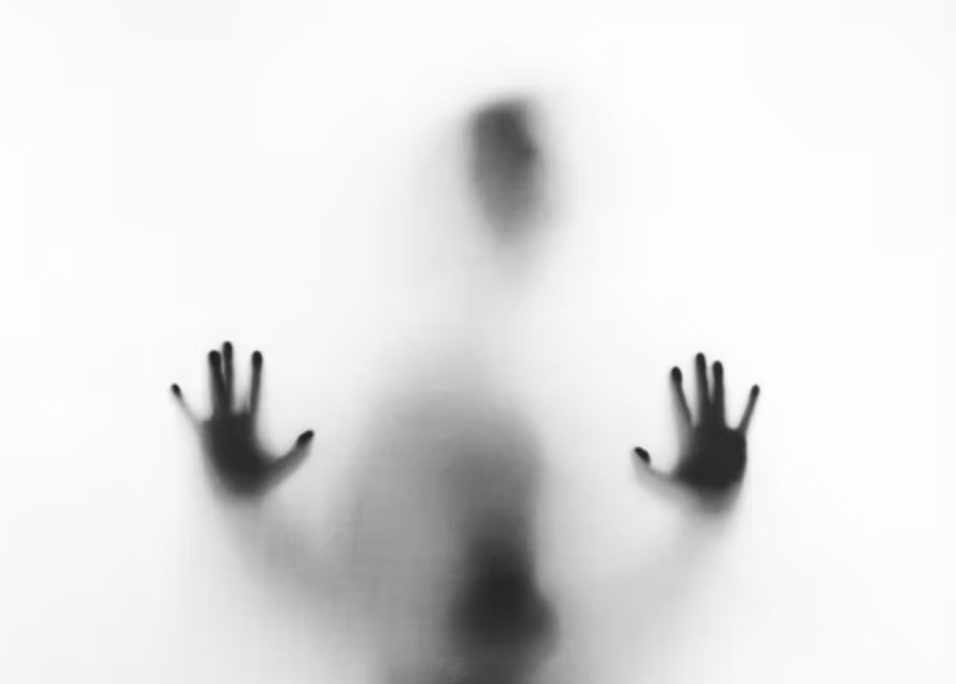Since the pandemic began, depression has spiked; the most affected are the youngsters. Approximately 25 million Americans have experienced or suffer from depression each year, most of whom are women, accounting for up to 70%. Many affected ones don’t know how to deal with the effects and symptoms. If you are among the ones that don’t feel comfortable going to specialists, there is always a way to help yourself.
There are lots of different resources that are available to help teens and their struggles. Remember that you don’t have to feel lonely. If your loved one is experiencing depression, benevolent help is always available. There are many organizations, books, and articles that could be of great help and can provide much information on how to deal with it. Remember that numerous institutions can link you to mental health professionals and groups for support.
Like every college student, many responsibilities and burdens can affect your mental health and make you feel drained, exhausted, and sad. If you ever need help around your work, consider visiting an essay helper to help you do an excellent job. Online service will spare you lots of time you can dedicate to yourself and invest in your mental health growth.
There are many ways to fight depression and feel happy, so we have gathered some of the best resources for those struggling with depression. Let’s take a look at the list!
Chapter Overview
4 Resources That Will Help You Battle Depression
1. Books That Shine a Light on Depression
You can find many books about dealing with depression and its side effects. But in the sea of books, one may help you change your attitude and perspective. If you want to dedicate your time to reading these books, feel free to commit your college tasks to a paper writer. With brilliant feedback, this service provides academic help for students all over the globe and has been doing an excellent job so far.
1. Depression, Anxiety, and Other Things We don’t Want to Talk About
This is a book on the cheaper side for those who value spirituality and believe in God. Ryan Casey Waller is a psychotherapist and pastor who believes that we are not meant to deal with the mental illness we usually struggle with. In this book, he points out that the battle with depression doesn’t have to be discouraging and lonely. The pastor combines practical theology with deep empathy and practical theology. He invites us to talk about the illness without feeling shame. This encourages us to discover various ways to recover and grow.
2. The Mindful Way Through Depression: Freeing Yourself from Chronic Unhappiness
This work is on the pricier side, and it’s the best for individuals looking to bring mindfulness into their lives. Incorporating Buddhist philosophy from 2,600 years ago, this book tells us that mental benefits can come from being in the moment and breathing correctly.
This masterpiece was written by many authors that emphasized how important it is to acknowledge the feeling of depression and not just try to snap out of it. They cover many methods and advise how to defeat negative feelings. You will learn from this book how to deal with stress and anxiety and how to improve emotionally.
You can read many other books and educate yourself on different aspects of mental health and prevention. Finding a perfect book that suits you can be a long process, so if you want to shorten it and get to the point, consider turning to some national helpline organizations. They will react instantly and be here for you when you need them.
2. National Suicide Prevention Lifeline
This national helpline is an excellent way to seek help if you don’t feel like reading a book and want to speak to somebody. You can call this line for free and talk with expert counselors 24/7. This organization is also involved in crisis care and suicide prevention, so it has a comprehensive range of therapists. There are many support groups available and stories posted on their website that you can read to encourage you to ask for help.
3. American Psychological Association (APA)
APA is a fantastic resource for people living with depression. They offer a psychologist locator which can help you search for therapists by location or name. This organization includes a database of an additional five million documents, journals, webinars, articles, and books.
If your major is psychology, you can quickly join the APA global community and get free copies of journals and magazines. Affiliates will get discounts on APA books, journals, videos, and events. Lastly, you can access professional networks designed for your education and career support.
4. Mental Health America (MHA)
This brilliant organization helps in mental health prevention, identification, and intervention. It raises awareness through public educational projects, runs fundraisers for mental health programs, and leads many interventions for ones struggling with depression. Many unique programs focus on leading discussions around therapy, help, and mental health.
Final Thoughts
Fighting mental health illness in this busy world is a hard thing to do on your own, especially if you are a college student with millions of responsibilities on your head. Take some time and use it to educate yourself on these topics and how to prevent disorders. It is okay to feel sad, but you must draw a line and understand when it damages your social life and well-being.
If you ever get overwhelmed, feel free to reach out to any organization that will make you feel better. You can always talk to somebody and find a way out of your problems. Many professionals want to help you and make your life easier and happier. You can choose whose help you want and find your preferences. So, be brave and make yourself proud and satisfied.

